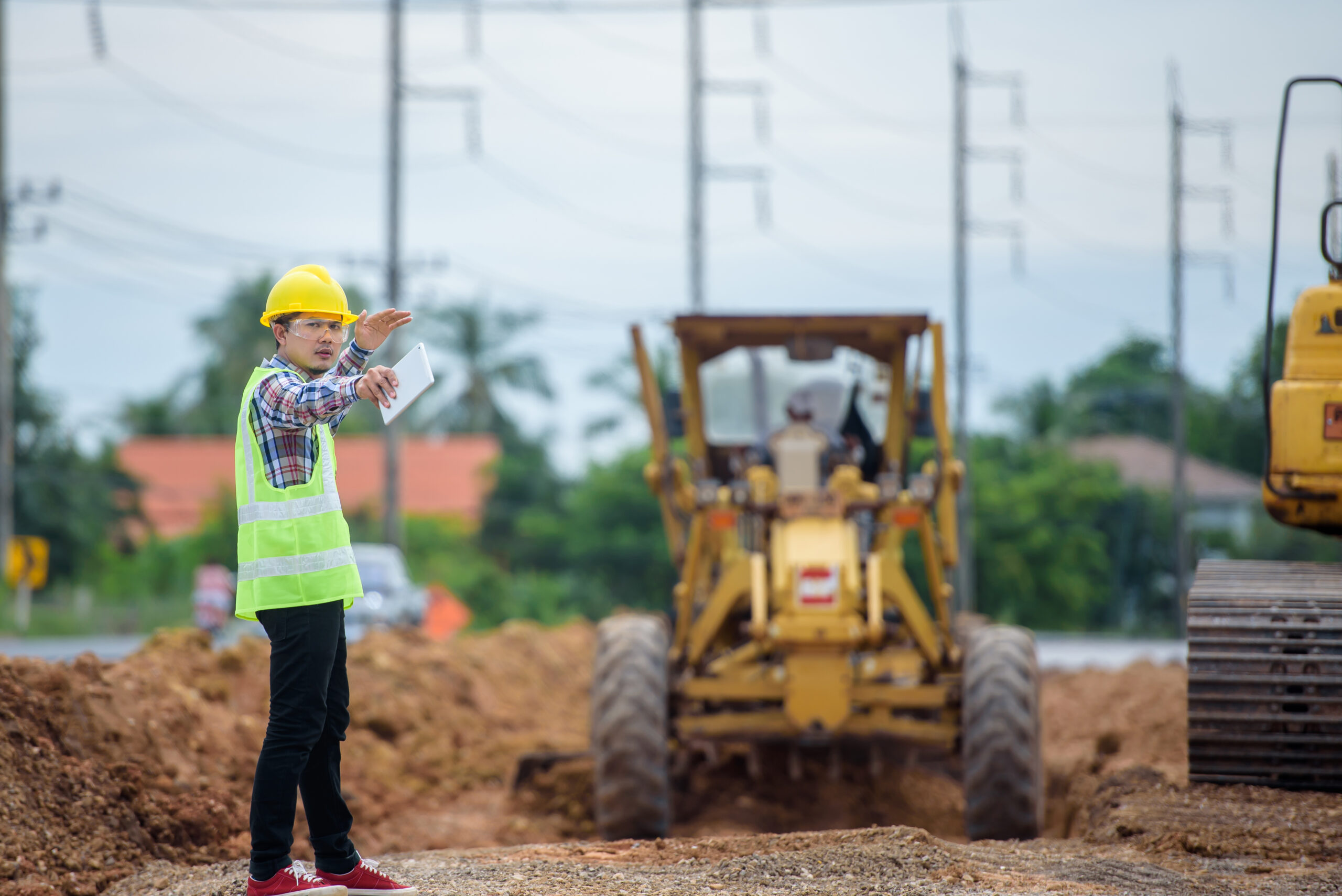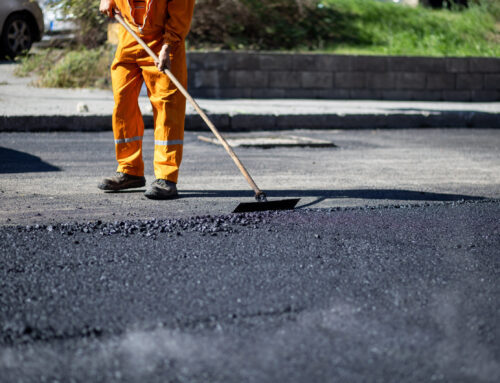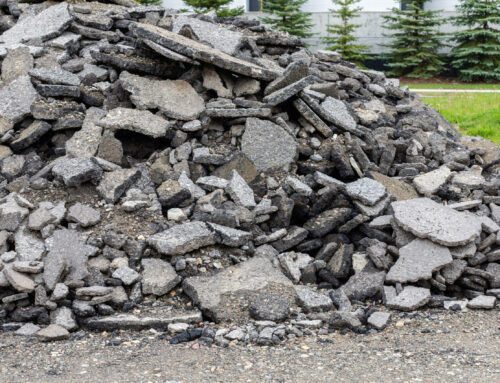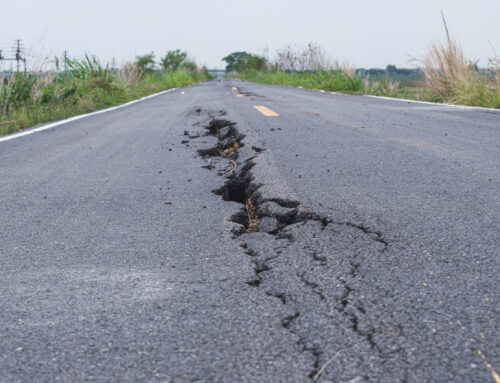In asphalt production and construction, where pavements’ strength, durability, and performance are paramount, quality control and assurance processes play a pivotal role. Rigorous standards and meticulous attention to detail are the bedrock upon which the integrity of asphalt structures is built. In this piece, let’s dive deep into the intricate world of asphalt quality control and assurance, unraveling the processes and standards that ensure the highest level of excellence in production and construction.
1. Raw Material Inspection: The Foundation of Quality
The journey toward asphalt excellence begins with a thorough examination of raw materials. Aggregates, binders, and additives are tested to meet specified quality standards. This includes assessing factors such as gradation, moisture content, and the chemical composition of binders. Only materials that meet or exceed these rigorous criteria proceed to the next stage of the production process.
2. Mix Design Optimization: Tailoring for Performance
Once raw materials pass scrutiny, the next critical step is mix design optimization. Engineers meticulously design asphalt mixes, considering factors such as traffic volume, climate conditions, and the intended application of the pavement. Cutting-edge technologies and advanced modeling tools are employed to fine-tune these formulations, ensuring that the resulting asphalt mix possesses the optimal combination of durability, flexibility, and stability.
3. Production Plant Calibration: Precision in Every Batch
Asphalt production plants are calibrated with meticulous precision. Regular testing and calibration of equipment, including temperature controls and mixing units, guarantee the consistency of each batch. Stringent adherence to industry standards, such as those outlined by the American Society for Testing and Materials (ASTM), is paramount to achieving uniformity in asphalt production.
4. Continuous Quality Monitoring: Real-Time Vigilance
Quality control isn’t a one-time affair; it’s a continuous process that unfolds throughout asphalt production. Real-time monitoring systems track various parameters, including temperature, viscosity, and binder content, allowing immediate adjustments to ensure each batch meets the predefined quality benchmarks. This vigilance ensures that deviations from the norm are swiftly identified and rectified.
5. Field Testing: On-Site Verification
The quality control process extends beyond the confines of the production plant to on-site field testing. Technicians conduct tests, such as compaction density checks, coring for thickness verification, and skid resistance assessments. These on-site evaluations ensure that the asphalt being laid adheres to the prescribed specifications and meets the highest standards for structural integrity.
6. Quality Assurance Protocols: Certifying Excellence
Quality assurance protocols are the cornerstone of delivering excellence in asphalt construction. These protocols involve rigorous documentation, adherence to industry standards, and compliance with specifications outlined in project contracts. Quality assurance teams work collaboratively with production personnel and on-site construction crews to maintain a seamless flow of information and uphold the highest standards at every project stage.
7. Performance Testing: Ensuring Longevity
Beyond initial construction, performance testing evaluates the quality of asphalt over time. This involves assessing factors such as resistance to cracking, rutting, and fatigue. Pavement performance data is collected and analyzed to continually refine future mix designs and construction methodologies.
8. Certifications and Industry Standards: Upholding Integrity
Asphalt producers and construction companies often seek certifications from recognized industry bodies to guarantee the highest quality. Certifications, such as those provided by the National Asphalt Pavement Association (NAPA) or the International Organization for Standardization (ISO), attest to a commitment to adhering to the highest quality standards in production and construction.
9. Technological Advancements: The Future of Quality Control
The landscape of asphalt quality control is continually evolving with technological advancements. Innovations like real-time data analytics, artificial intelligence, and remote sensing technologies are gradually becoming integral to quality control and assurance. These technologies enhance the efficiency, accuracy, and effectiveness of monitoring and managing asphalt quality.
Asphalt quality control and assurance are not merely checkboxes in a construction checklist; they represent a commitment to excellence and a dedication to building infrastructure that stands the test of time. From the microscopic scrutiny of raw materials to the real-time monitoring of production processes and the meticulous oversight of on-site construction, every facet of asphalt quality is carefully orchestrated to deliver pavements that exceed expectations.
In a world where infrastructure is the backbone of progress, the commitment to asphalt quality control and assurance isn’t just a process—it’s a promise. It’s a promise Sunrise Asphalt makes to our community, to businesses, and the future, ensuring that the asphalt beneath our feet is not just a surface but a testament to enduring quality and unwavering commitment to excellence.





